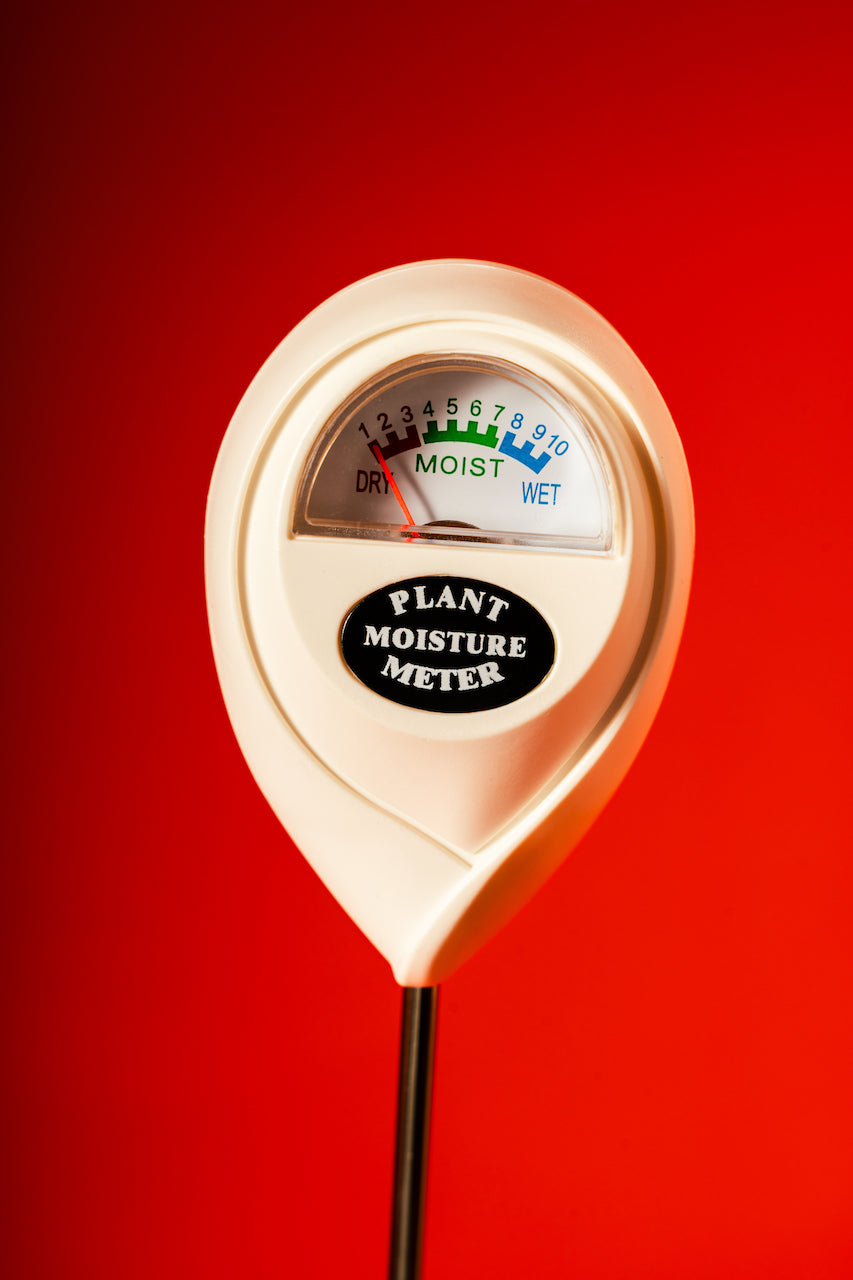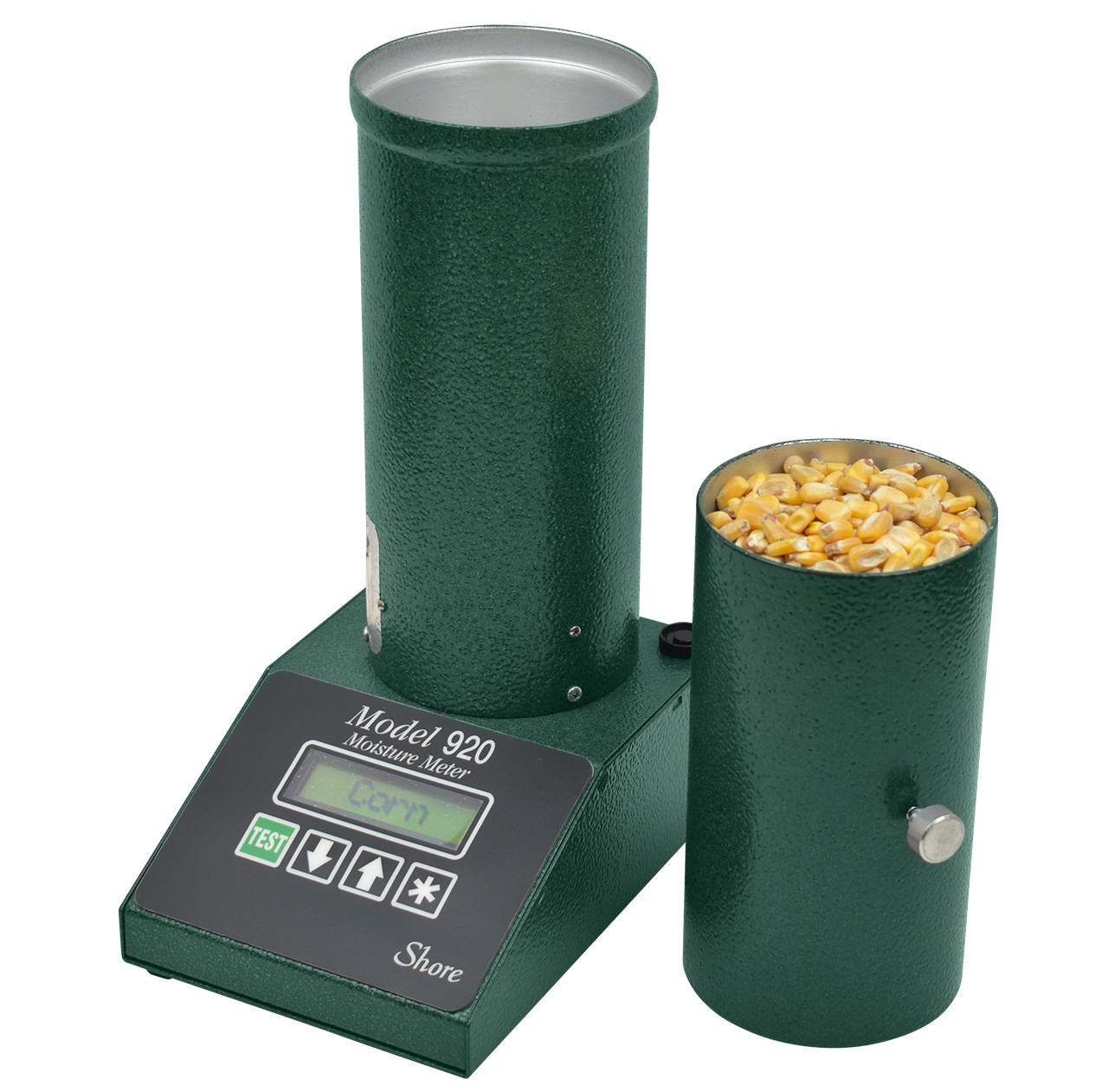Why Every Homeowner Needs a Moisture Meter: Secret Advantages and Functions
Why Every Homeowner Needs a Moisture Meter: Secret Advantages and Functions
Blog Article
The Ultimate Overview to Dampness Meters: A Comprehensive Introduction and Just How They Can Conserve You Money
In the realm of structure upkeep, building, and various industries, the importance of properly determining moisture degrees can not be overemphasized. Wetness meters offer as vital tools in detecting and monitoring moisture web content in products, aiding in preventing expensive damages and making certain the high quality of products. Recognizing the nuances of various kinds of dampness meters, their applications, and the prospective cost-saving advantages they use can be a game-changer for companies and specialists alike. Uncovering exactly how these tools can not only streamline processes yet likewise add to economic cost savings is a journey worth beginning on.
Kinds of Wetness Meters
One common type is the pin-type moisture meter, which measures the electrical resistance in between two pins inserted into a material. Pinless dampness meters, on the various other hand, usage electro-magnetic sensing unit plates to scan a bigger location without creating damages to the material's surface.

Moreover, there are also specialty dampness meters created for particular materials like grain, soil, or hay. These meters offer precise wetness analyses customized to the distinct residential properties of the material being checked. Infrared moisture meters determine the thermal residential properties of a product to identify its dampness material non-invasively, making them beneficial for applications where pin or pinless meters may not appropriate. Understanding the various kinds of wetness meters available can aid industries pick the most appropriate device for their certain moisture measurement demands.

Benefits of Using Wetness Meters
Wetness meters offer very useful advantages in precisely monitoring and evaluating dampness levels in varied products and settings (Moisture Meter). Among the key benefits of utilizing dampness meters is the prevention of prospective damages triggered by excess moisture. By finding and addressing high wetness degrees early on, wetness meters aid to prevent mold growth, rot, and structural damage in buildings, conserving both money and time on repair services. In addition, dampness meters help in ensuring the quality of products during construction or manufacturing procedures. By accurately determining wetness content, these tools help maintain the integrity of wood, drywall, concrete, and other materials, minimizing the threat of issues or failings.
Furthermore, utilizing moisture meters can lead to boosted power performance. In farming setups, dampness meters play a vital duty in optimizing plant yields by making it possible for farmers to keep track of dirt dampness levels and make informed irrigation choices.
Exactly How to Pick the Right Moisture Meter
When picking a wetness meter, it's crucial to ensure that the meter is ideal for the details product you will be testing. Various materials have varying electric homes that can impact moisture analyses, so choosing a meter developed for your product is important for precise outcomes. By thoroughly examining these aspects, you can pick a dampness meter that meets your needs and provides exact moisture dimensions for your jobs.
Proper Strategies for Wetness Meter Use

Price Savings With Moisture Meter Applications
How can the tactical usage of wetness meters lead to significant price financial savings throughout different markets? Wetness meters play a critical function in expense savings by preventing potential damages and making sure high quality control in different sectors. In the agriculture industry, dampness meters help in identifying the optimal time for harvesting plants, stopping over-drying or excess moisture that can impact the last product's quality. This specific surveillance assists farmers avoid unneeded losses and optimize their yield.
Likewise, in construction, wetness meters help protect against expensive damages by spotting dampness levels in structure materials, such as timber or concrete, which can cause structural problems otherwise dealt with quickly. By recognizing problem locations early on, service providers can take restorative measures to prevent considerable repair work or substitutes, ultimately saving money and time.
Furthermore, in the food processing industry, wetness meters are vital for monitoring item quality and making sure compliance with safety guidelines. By precisely measuring wetness material in foodstuff, manufacturers can avoid wasting, keep quality, and lower waste, resulting in significant expense savings. Generally, the critical application of dampness meters is a valuable investment that can result in considerable expense decreases and boosted performance throughout numerous sectors.
Verdict
In final thought, wetness useful source meters are important devices for measuring and identifying wetness levels in numerous materials. By utilizing the appropriate wetness meter and following appropriate techniques, customers can efficiently prevent expensive damages caused by excess wetness.
Wetness meters offer as crucial tools in spotting and monitoring moisture content in products, helping in preventing pricey problems and making sure the high quality of Continued items. Infrared moisture meters gauge the thermal residential or commercial properties of a product to identify its dampness material non-invasively, making them valuable for applications where pin or pinless meters may not be ideal.Wetness meters provide very useful advantages in precisely checking and examining wetness degrees in varied materials and environments. In farming setups, dampness meters play an essential function in optimizing crop yields by making it possible for farmers to monitor soil moisture levels and make notified watering choices.In verdict, moisture meters are important tools for measuring and spotting wetness levels in numerous products.
Report this page